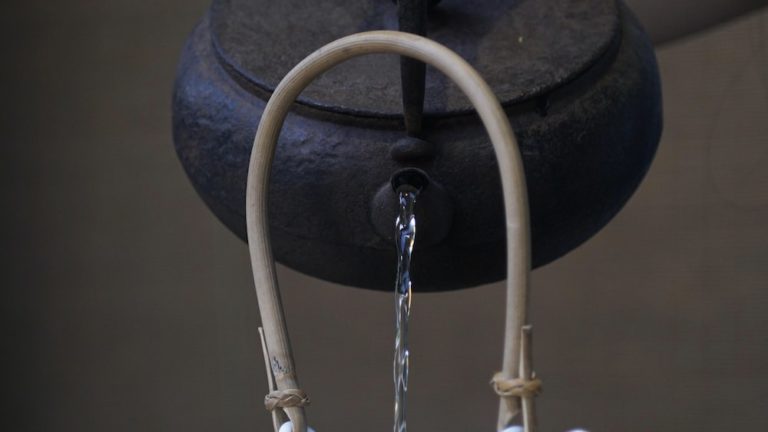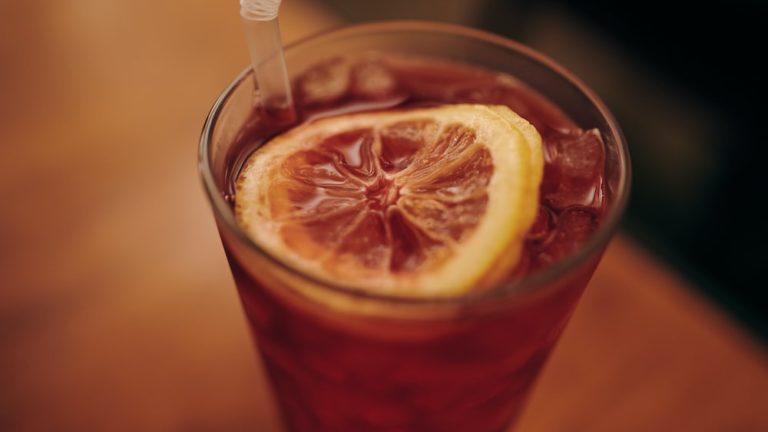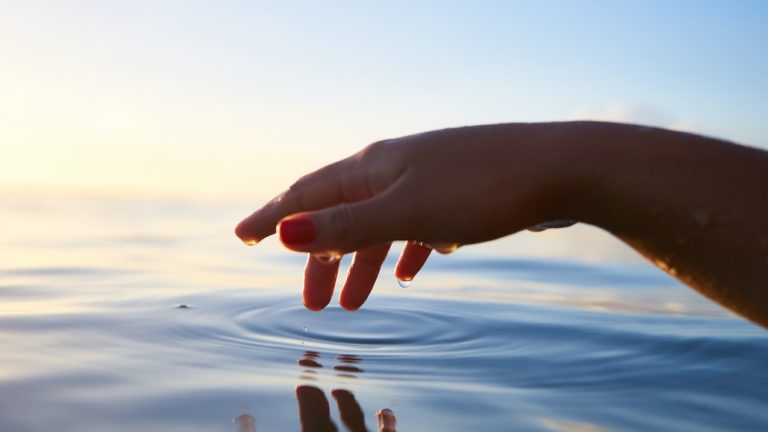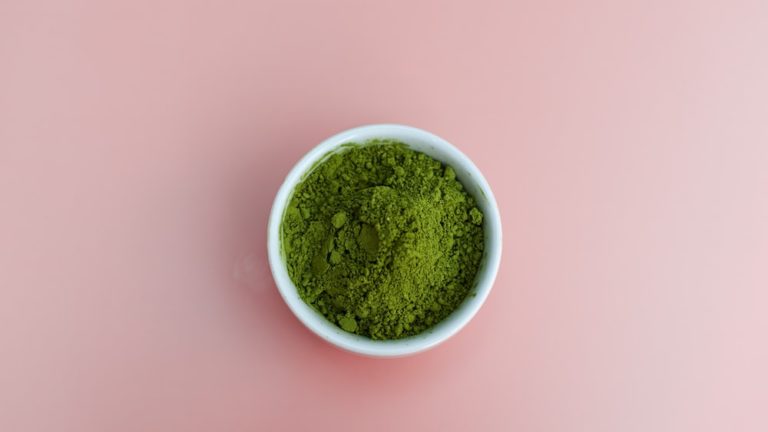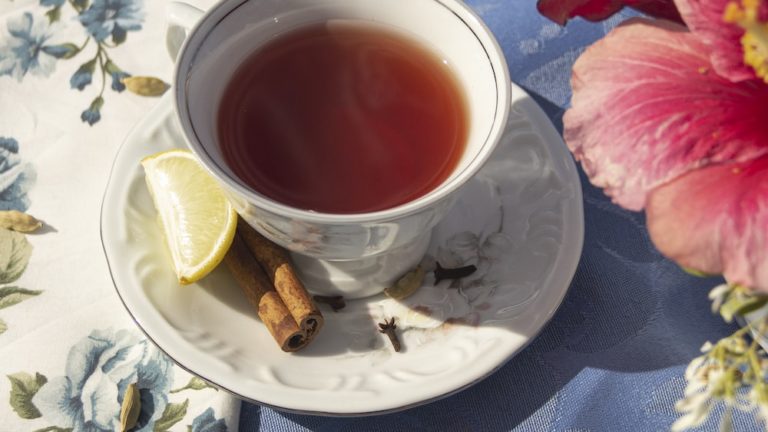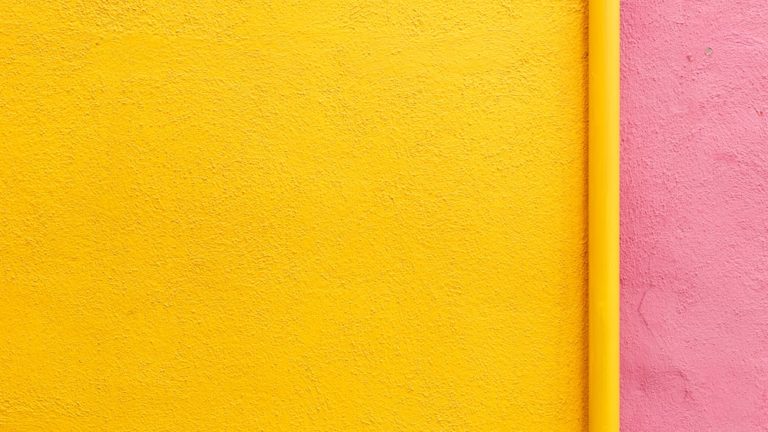Does Sweet Tea Have Caffeine? Surprising Facts Revealed!
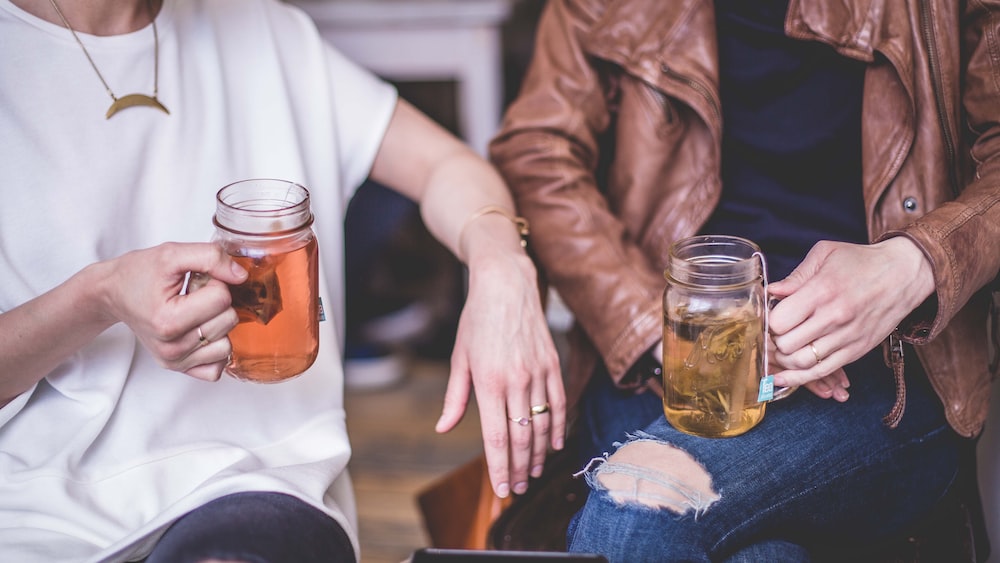
Does Sweet Tea Have Caffeine? Surprising Facts Revealed!
Hello there, tea enthusiasts and healthy lifestyle seekers! Did you ever find yourself sipping that sweet, golden ambrosia, lovingly known as sweet tea, and wonder: does this delightful concoction carry the sharp sword of caffeine? Or is it the soft feather of decaffeinated tranquility? When it comes to our cherished sweet brew, folks, it’s a tale as old as time, or at least as old as my Nan’s china tea set. But fear not, brave reader, for today we shall sip from the bubbling fountain of knowledge and examine if sweet tea truly comes bearing the gift, or curse, of caffeine.
Much like you’d gradually, tantalizingly, unfurl the leaves in a classic Gongfu tea ceremony, we’re about to unfurl the truth, layer by layer. We’ll quench your thirst for knowledge with the sacred tea leaves of wisdom and enlightenment. But first, let me warn you, you might just find it as mind-boggling as the time Mr. Queely, my grumpy next-door neighbor, decided to landscape his entire garden with plastic flamingos!
Understanding Caffeine in Sweet Tea
Now, let’s get on with our precious mission to unravel the mystery underpinning the caffeine content in sweet tea. Is this delicious concoction, no less tempting than the Siren’s song, a caffeine-loaded trap or a safe haven for all you caffeine-avoiders out there? Time to spill the tea!
What is Sweet Tea?
Sweet tea, my tea-loving comrades, is nothing less than the nectar of the Southern gods, a potent potion whipped up from black tea, sugar, and a drop (or more) of love. It is a faithful companion on a sultry summer afternoon or the perfect antidote to a day brimming with ‘I-wish-I-could-get-away-with-an-afternoon-nap’ scenarios.
This humble drink is brewed from black tea leaves, which usually contain caffeine. However, the final caffeine content in your tall, frosty glass of sweet tea can span the spectrum from deceptively calm waters to a tempest in a teacup, based on several factors. So, is there cause for a night-long caffeine-induced vigil or will sweet tea offer you the peaceful slumber of a well-fed baby? Hold onto your teacups as we venture deeper into the tea leaves.
Sweet tea’s caffeine content can vary greatly based on factors such as the type of tea leaves used, making it uncertain whether it will keep you awake all night or offer a peaceful slumber.
The Role of Caffeine in Sweet Tea
Now we’ve been sipping our way around the question for long enough. What’s the role of caffeine in our beloved sweet tea exactly? Will it leap off the high board into our systems providing a jolt of energy caffeine is so famous for or does it prefer to sit quietly in the shade, letting the natural sweetness steal the limelight?
Caffeine, being the sneaky little compound it is, quietly infuses itself into the sweet tea from the black tea leaves during the brewing process. Now, don’t go tossing your sweet tea overboard just yet. The caffeine levels in sweet tea can vary as wildly as fashion trends, depending on several factors.
How Much Caffeine is in Sweet Tea?
Hold on to your monocles, because it’s time for some maths tea-matics! Determining the specific amount of caffeine in sweet tea could mirror solving a Victorian detective mystery, with every clue pointing you closer to the truth.
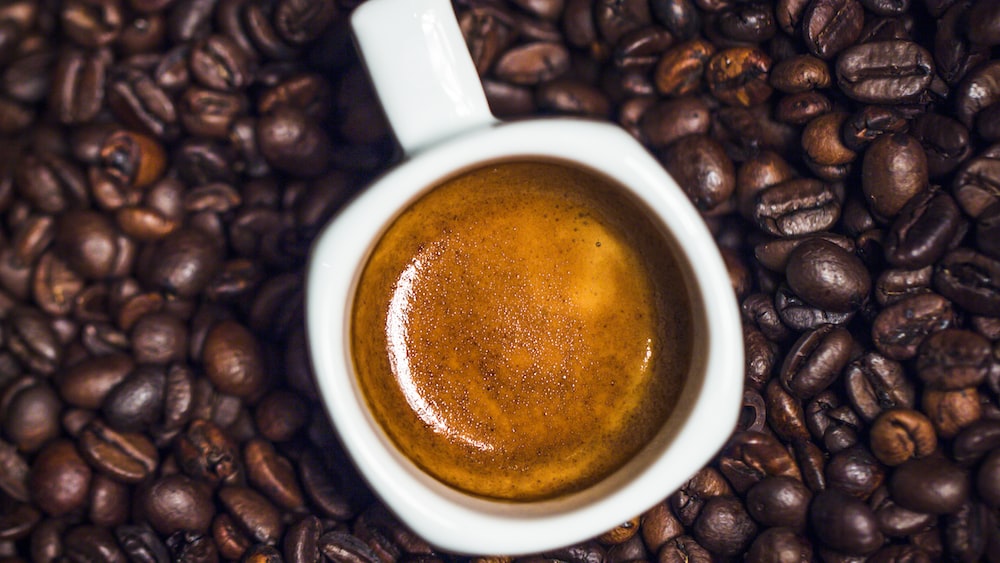
Factors Affecting Caffeine Content in Sweet Tea
While bracing ourselves for this “sweet” science experiment, let’s dive into three key factors affecting caffeine content in sweet tea:
- The brewing time: We all know that one person who insists on drowning their tea bag for an eternity, convinced that it makes the tea stronger. They might be onto something as brewing time indeed influences the caffeine content in a noticeable way. Longer brewing times extract more caffeine from the tea leaves.
- The type of tea leaves: All tea leaves are not created equal. The type and age of the tea leaves can significantly affect the amount of caffeine extracted.
- The temperature: The heat level at which you brew your tea can change the caffeine game completely. Higher temperatures usually lead to more caffeine finding its way into your sweet tea.
Now, doesn’t it feel like we’re a step closer to brew ratio enlightenment?
Comparing Caffeine Levels in Different Types of Sweet Tea
If you thought all sweet teas are identical twins, here’s a plot twist! The caffeine content can dance ballet or do the tango, depending on the type of tea leaves used, the brewing process, and even the origin of the tea.
For instance, the sweet tea brewed from Assam black tea leaves produced in the lush valleys of India may have a different caffeine composition than the sweet tea stirred by your favorite Southern grandma using her cherished Ceylon black tea leaves. So not all sweet teas will create the same storm in the caffeine cup!
Effects of Caffeine in Sweet Tea
You might be thinking, “I’ve had plenty of sweet tea, and I haven’t quite felt like a squirrel on a double espresso.” Well, that’s where the great caffeine illusion comes in! Caffeine subtly weaves itself into the fabric of sweet tea and depending on how much your brew contains, it could either keep you alert or help you unwind. It’s the classic tale of Dr. Jekyll and Mr. Hyde, in a teacup. So sip cautiously, friends!
Health Benefits and Risks of Caffeine in Sweet Tea
We’ve all been there, sipping on a tall glass of cold sweet tea, feeling the coolness spreading over us like a soothing waterfall and wondering,”What are the health benefits of this delightful brew?” Well, my tea-lover friends, there are several health benefits, and some risks, associated with the caffeine content in sweet tea. Let’s sip on this sweet tea info a bit, shall we?
Caffeine, when consumed in moderate amounts, is associated with numerous health benefits. It helps boost mental alertness, aids in digestive motility, and can potentially improve heart health by increasing the efficiency of heart function. Quite the powerhouse, isn’t it? But beware! Over-indulgence can lead to increased anxiety, insomnia, or high blood pressure, mirroring the proverbial flip side of the coin. Caffeine in sweet tea is, therefore, a double-edged sword, serving up benefits and risks alike. Let’s be responsible tea-drinkers, okay?
How Caffeine Affects the Taste of Sweet Tea
Now, let’s playfully dive into the sweet, swirling, cold brew pool of flavor dynamics. Ever wondered if caffeine has a secret role in the taste symphony of your sweet tea, like an invisible maestro conducting a flavor orchestra? Well, you’re in for an exciting revelation.
The caffeine in your sweet tea lends it a somewhat bitter tang, adding a complexity to the sweetness that gives your tea that “Je ne sais quoi”. You could liken it to the yin and yang, a perfect balance of sweet and bitter, waxing and waning on your palette. A sip without caffeine might feel like a concert without a conductor, or Sherlock without Watson– incomplete.
However, the effect of caffeine on taste varies from person to person. Some may find the bitterness compounded by a higher caffeine content, while others may find it barely noticeable. Also, it’s important to note that the effects of caffeine on taste are highly potentiated by other factors such as brewing method, tea quality, and individual preference.
The caffeine in your sweet tea adds a complexity to the sweetness, like a conductor in a flavor orchestra, creating a perfect balance of sweet and bitter on your palette, although its effect on taste varies from person to person and is influenced by other factors.
Decaffeinated Sweet Tea vs Regular Sweet Tea
Blast off into the significant tea battle of our age: the epic showdown of the decaf sweet tea versus regular sweet tea. The epic tea face-off deserves the spotlight as it becomes increasingly relevant in our health-conscious world.
How is Decaffeinated Sweet Tea Made?
Grab your ticket, jump on board, and buckle up as we journey through the magical process of making decaf sweet tea. It’s not as mystical as pulling a rabbit out of a hat, but it’s definitely fascinating!
Decaffeinated sweet tea starts its life just like regular sweet tea, ripe from the tea plant. The robust tea leaves are harvested and processed, after which they are passed through one of several decaffeination methods. Voila! Here we have our decaf sweet tea, wearing a shiny, new decaf badge. The most common decaffeination methods include the use of ethyl acetate, carbon dioxide, water processing, or methylene chloride.
The methods are a bit technical, but the primary goal is to extract the maximal amount of caffeine while retaining the tea’s natural flavors and beneficial compounds. The process is a lot like trying to remove a sleeping cat from your lap without waking it up. Tricky, but possible with careful maneuvering! Add in necessary sweetness, and you have a cold brew that keeps the charm without the caffeine kick.
Taste and Health Differences Between Decaffeinated and Regular Sweet Tea
The war of the teas isn’t just about the caffeine levels. It relates to taste and health differences too. For tea enthusiasts, the shift from regular to decaf sweet tea can be much like shifting from listening to rock and roll to tranquil nature sounds. Quite the change!
Though decaf sweet tea aims not to augment the taste profile drastically, some differences may be noticed. Due to the decaffeination process, decaf sweet tea might lose some of its robustness and possess a slightly milder taste. But, buck up folks! On the health front, decaf sweet tea is a promising option for those who are sensitive to caffeine or looking to reduce their caffeine intake. It offers the delicious allure of sweet tea, but lets you say goodnight to sleep disturbances or energy crashes caused by caffeine.
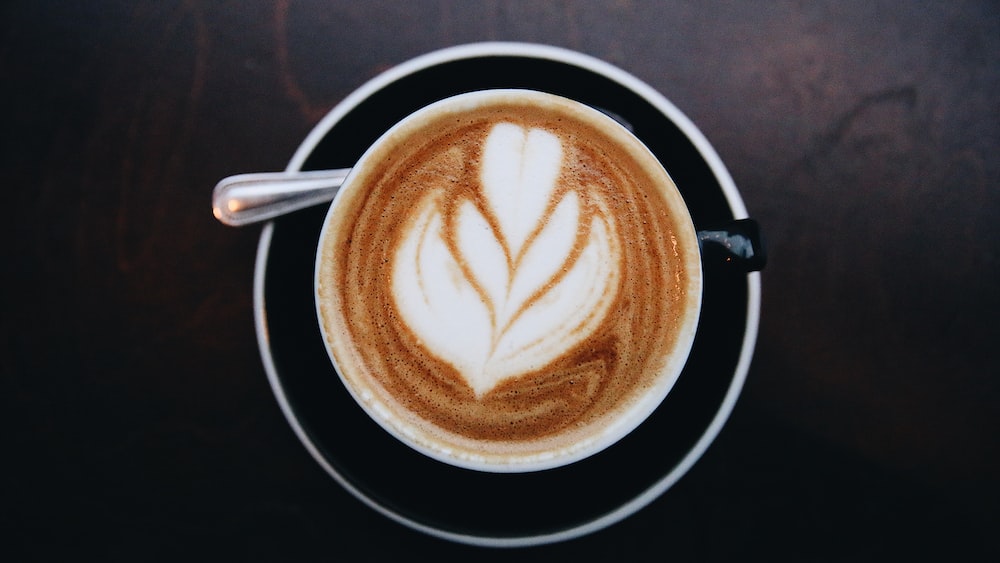
Sweet Tea vs Other Caffeinated Beverages
As we continue our journey across the spectrum of caffeinated beverages, let’s pit our sweet tea against other common players in the caffeine league, such as coffee and iced tea.
Comparing Caffeine Levels in Sweet Tea and Coffee
Whoa, settling the sweet tea versus coffee debate is much like deciding whether Superman is better than Batman. You might love the gentle caffeine hum of sweet tea, whereas your friend might prefer the buzzing caffeine kick from coffee.
Let’s break it down. An 8-ounce serving of sweet tea usually contains around 20-60mg of caffeine, whereas an equal serving of coffee can contain 95-200mg of caffeine. Quite the hefty difference! Coffee is clearly the heavyweight champion in this contest. But this isn’t necessarily bad news for sweet tea lovers. Sweet tea, with its moderate caffeine content, offers a breezer of stimulation, making it a suitable decaf option for those seeking solace from heavier caffeine punches. After all, not everyone wants the Hulk-like caffeine transformation, right?
Comparing Caffeine Levels in Sweet Tea and Iced Tea
Let’s talk caffeine, the most praised but often misunderstood character in our tea-info saga. It’s like a mischievous elf doubling up as an energetic marathon runner in our bodies. When considering sweet tea and iced tea, which do we think hosts this elf more generously?
Both sweet tea and iced tea originate from the same plant, meaning they prance in the same caffeine ballpark. However, the caffeine content can get a bit ticklish due to factors like brewing time and the tea type used. Typically, sweet tea, being the Southern Belle that she is, is brewed longer, extracting more caffeine. It’s like a tea party where the hostess politely insists on more ‘fun’ in the form of caffeine. So, in the sweet tea versus iced tea caffeine showdown, sweet tea often leads by a few caffeine points! Your sleep might be a touch on the lighter side after a sweet tea soirée, but hey, who won’t love a midnight constellation tour?
Sweet tea generally contains more caffeine than iced tea due to its longer brewing time, making it the winner in the caffeine showdown.
FAQs
1. Does the amount of sugar in sweet tea affect its caffeine content?
The level of sweetness in sweet tea won’t send the caffeine content on a roller-coaster ride – it remains steady. That’s right, no matter how much sugar you sneak into your tea, the caffeine content stands its ground. To rephrase, sugar and caffeine might throw a great party together, but sugar doesn’t get to decide how many caffeine guests show up!
2. How can I reduce the caffeine content in my sweet tea?
Reducing the caffeine content in sweet tea can be achieved by tweaking your brewing time. A quick dip, more like a timid introvert’s appearance at the party, results in lower caffeine levels. You can also experiment with decaffeinated teas or mix in herbal teas. Remember, the caffeine in tea is like the life of the party – and sometimes, we just need a quieter gathering.
3. Are there any caffeine-free alternatives to sweet tea?
Regarding caffeine-free alternatives to sweet tea, herbal teas are the superheroes! These swoop in with a saved day: they offer similar sweet-tooth satisfaction with zero caffeine. Rooibos or chamomile tea can fulfill their sweet tea duties. You can have a soothing evening without worrying about Mr. Caffeine nudging you to explore the galaxy at 2 am.
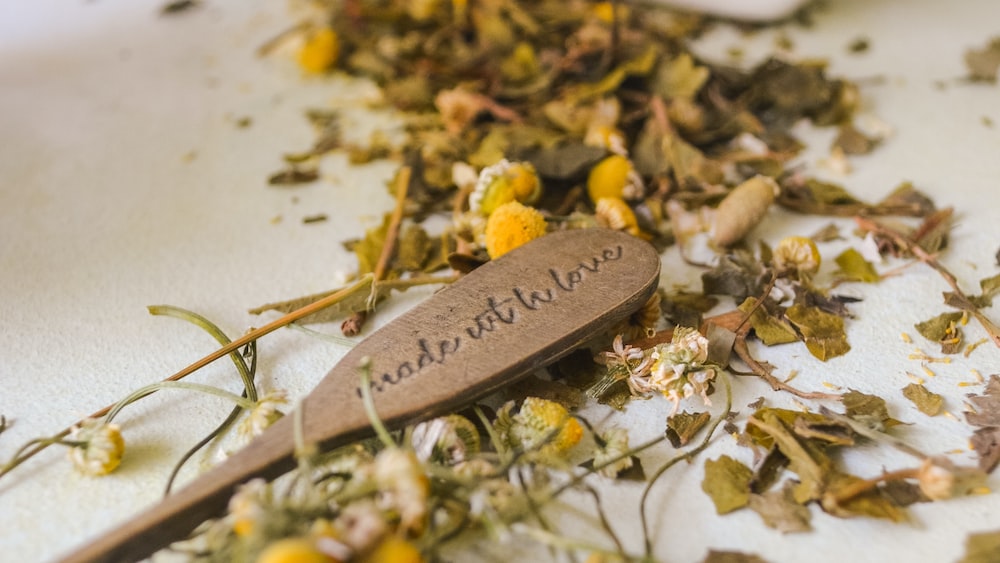
4. Can I become addicted to the caffeine in sweet tea?
Ah, the hot topic of caffeine addiction. It’s possible to become dependent on the caffeine in sweet tea. Regular, excessive consumption can lead to a caffeine rhythm in your body. Do remember that every individual reacts differently, like each dancer has a unique rhythm. To watch out for a potential caffeine jitterbug, pay heed to your body’s tunes and adapt your dance – your tea consumption – accordingly.
Conclusion
Hopping between the tea leaves of this caffeine journey, we’ve laughed, pondered, and perhaps even waxed poetic about our love for sweet tea! If sweet tea had a LinkedIn profile, her caffeine factor would be boldly highlighted in the About section, with a special mention of how it triumphs over iced tea in some caffeine comparisons.
Let’s not forget the intriguing FAQs – a tea interview of sorts – which clarified that, even with a sweetness wave, the caffeine stays consistent, while also offering some clever ways to control the caffeine assembly. It also threw some light on conceivable alternatives, and cautioned against the possibility of the caffeine tango becoming an addiction.
As we sip towards the bottom of our tea cups, and the setting sun paints a cozy aura around us, all the tea info we’ve discussed adds a unique warmth to our tea indulgence. It prompts a silent thank you for every sun-dried leaf, every rolling boil of water, and every moment of brewing that makes our favorite sweet tea.
Here’s to many more tea-drinking marathons, my fellow tea enthusiasts. Until next time, enjoy your brewing and remember to listen to the rhythm of your body. Tea is a drink of joy, a drink of health, and a drink of simple, warm happiness.
Yours tea-fully,
Zoe

